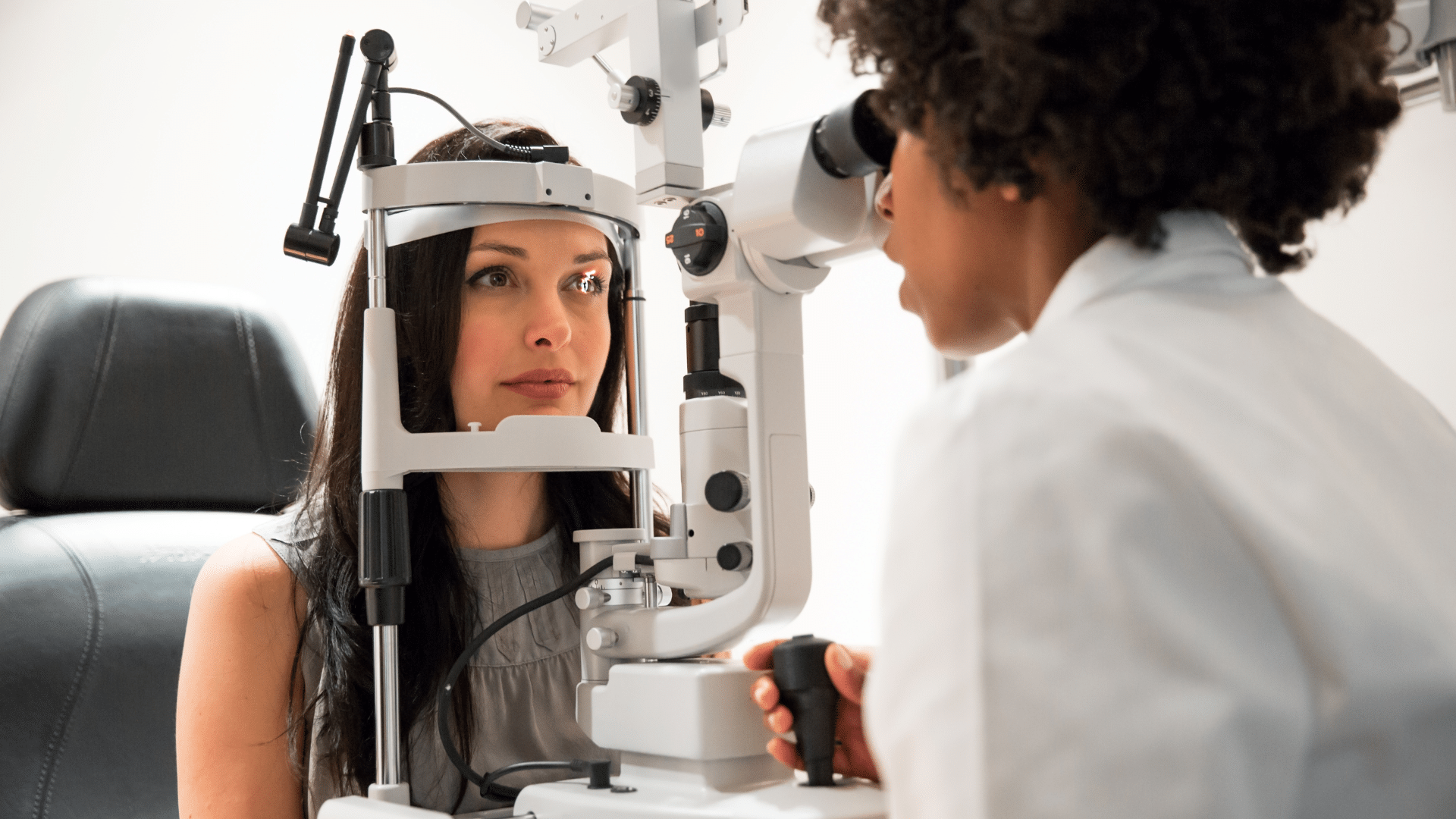Having healthy eyes isn’t just about good luck and better genetics. Preserving healthy eyes is intentional and can be achieved by smart lifestyle choices and adopting simple habits. Across the globe, more than 1 billion people have vision impairment that could have been prevented with the proper care. Even still, many people take vision for granted, neglecting the importance of proper eye care. Maintaining healthy eyesight doesn’t require drastic measures or expensive treatments. Instead, it’s about incorporating simple habits into your daily life that maintains and even improves vision.
Embrace a nutritious diet for eye health
We’ve all heard about eating our vegetables – especially carrots – to help vision. Our eyes need specific nutrients to function properly. A diet rich in fruits, vegetables, and omega-3 fatty acids can significantly boost eye health. Leafy greens like spinach and kale are packed with lutein and zeaxanthin, powerful antioxidants that protect the retina from harmful UV rays and age-related macular degeneration. Citrus fruits, rich in vitamin C, are essential for collagen production, maintaining the strength of the eye structure. Omega-3 fatty acids, abundant in fatty fish like salmon and sardines, promote healthy blood flow to the eyes and reduce inflammation.
Regular eye exams help with early detection
Regular eye exams matter when it comes to maintaining eye health. Without regular eye examines, it’s impossible to detect potential problems, especially when they are most treatable. Comprehensive eye exams, typically recommended annually, assess overall eye health, including vision acuity, eye pressure, and the retina. Early detection of conditions like glaucoma, cataracts, and macular degeneration can significantly improve treatment outcomes and prevent vision loss. Most vision insurance policies allow for an annual eye exam, and it’s important to take advantage of that benefit each year.
Protect eyes from harmful UV rays
Excessive exposure to ultraviolet (UV) radiation from the sun can damage the eyes, increasing the risk of cataracts and macular degeneration. Sunglasses that block 99-100% of UVA and UVB rays are essential for protecting the eyes. Choose sunglasses with wraparound frames to shield the eyes from side angles. Additionally, wearing a wide-brimmed hat can provide further protection from UV rays.
Give eyes a break from digital screens
Digital screens, including computers, tablets, and smartphones, have become part of our daily lives, and that has been the case for the past generation. That doesn’t mean we’ve adjusted to the excess levels of light created by blue light. Excessive screen time can strain the eyes, leading to blurry vision, headaches, and eye fatigue. To minimize eye strain, follow the 20-20-20 rule: every 20 minutes, take a 20-second break to look at something 20 feet away. Adjust the brightness and contrast of your screens to a comfortable level and ensure adequate lighting in your workspace.
Lifestyle habits improve eye health
Maintaining a healthy lifestyle can significantly impact eye health. Quitting smoking can reduce the risk of age-related macular degeneration and cataracts. Regular exercise not only benefits overall health but also improves blood flow to the eyes, promoting healthy vision. Adequate sleep allows the eyes to rest and repair, reducing eye fatigue and dryness.
Preserving healthy vision is an ongoing process that requires consistent care and attention. By incorporating simple habits into our daily lives, we can protect our eyesight and enjoy the beauty of the world around us for years to come. Remember, regular eye exams are essential for early detection and treatment of potential eye problems. Consult your eye doctor to discuss your specific eye care needs and develop a personalized plan for maintaining healthy vision.







